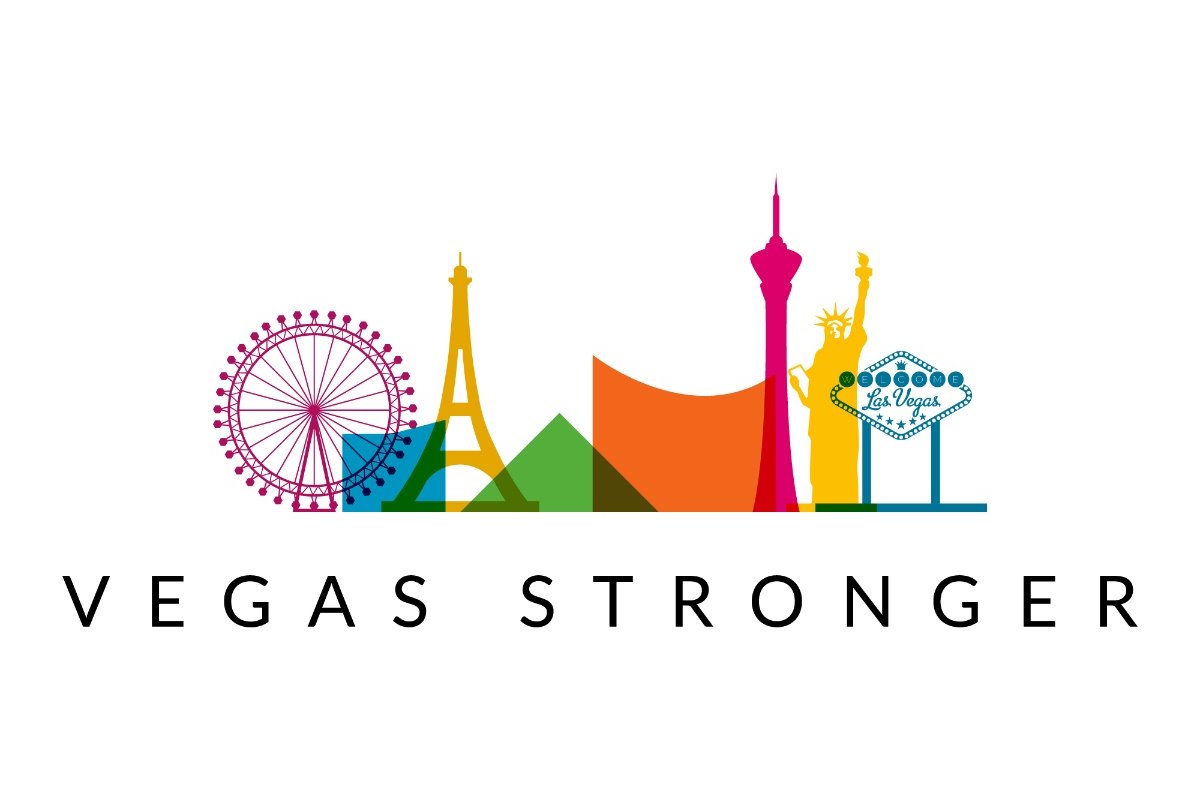Top Trump administration officials say drug overdose deaths are surging amid the coronavirus pandemic, driven by increased substance use due to anxiety, social isolation and depression.
A White House drug policy office analysis shows an 11.4 percent year-over-year increase in fatalities for the first four months of 2020, confirming experts’ early fears that precautions like quarantines and lockdowns combined with economic uncertainty would exacerbate the addiction crisis.
“The pandemic has caused my level of concern to go up,” White House drug czar Jim Carroll told POLITICO in an interview, acknowledging that overdose deaths were already starting to rise in the past year, after posting the first decline in three decades in 2018.
Carroll noted that not all states have reported their numbers, but experts expect the grim death count to keep rising. The surge is prompting the drug policy office and federal agencies to convene regular meetings to size up how the pandemic has disrupted the opioid response.
The coronavirus threat put on hold a billion-dollar research program focused on new forms of addiction treatment, as part of a broader freeze on non-Covid-19 work at the National Institutes of Health. Studies on disparities in behavioral health and efforts to deliver medication-assisted therapies to inmates struggling with addiction were also paused.
U.S. Customs and Border Protection screening for drugs at entry points also been affected as the agency responds to the pandemic, Carroll said, though drug seizures still continue to increase. Internal data shared by the drug policy office showed a 57 percent spike in drugs seized between March and May of 2020 compared with the same period last year.
President Donald Trump has made the opioid crisis a central issue for most of his presidency, but he has gone silent on the addiction issue since the pandemic exploded across the country. His administration has taken few actions to address an expected uptick in demand for addiction services beyond lifting federal restrictions on telemedicine for behavioral health — despite warnings about an impending wave of problems.
The evidence is beginning to trickle in from state and local health departments.
Kentucky estimated it had a 25 percent increase in overdose deaths from January to March while other state data show a rise in emergency department visits and EMS calls connected to overdoses increasing between March and June.
Svetla Slavova, co-director of the federally funded Kentucky HEALing Communities data study, said the state began seeing a statistically significant increase of roughly 14 additional EMS opioid overdose runs every week on average after Trump declared a public health emergency on March 13. Slavova said the number of EMS overdose runs in first week of April marked the highest on record in the past two years.
West Virginia, another state hit disproportionately hard by the addiction crisis, reported 923 overdose-related EMS calls in May — a roughly 50 percent jump compared with year-earlier figures.
“The concerns we have are related to the big challenges people are facing right now with Covid: isolation and uncertainty resulting in very high levels of stress,” Nora Volkow, director of the National Institute for Drug Abuse, told POLITICO.
The deaths in recent years have largely been attributed to synthetic opioids like fentanyl as the addiction crisis has shifted away from misuse of prescription drugs. In 2018, deaths from methamphetamine spiked 22 percent with states in the West and Midwest seeing the largest increases. Deaths from cocaine have also increased.
The pandemic-fueled uptick in overdose deaths also coincides with the Trump administration's legal battle to strike down the Affordable Care Act at the Supreme Court. Eliminating the law without a replacement would, among other things, eliminate protections ensuring coverage of benefits including addiction and mental health services.
Experts say undoing the ACA would undermine any efforts to address drug addiction.
The ACA’s Medicaid expansion extended insurance coverage to 1.2 million Americans with substance use disorders, according to an analysis in Health Affairs. Those individuals will lose coverage if the legal challenge prevails.
Carroll disputed the idea that repealing the law would undermine addiction treatment, saying the legal challenge "is not an attempt to take away health care from people.” He added that the Trump administration is "committed to making sure people can get the health care they want," though he did not provide details about any replacement coverage.
Even under the ACA, behavioral health services are becoming harder to find during the pandemic. A field built around personal interaction has been buffeted by lockdowns and quarantines, forcing providers to scale back services and shift patients to telehealth services. A June survey showed nearly half of these providers estimate they can only survive for six months or less without more emergency funding from federal bailout packages.
Sherry Daley, senior government affairs director for the California Consortium of Addiction Programs and Professionals, said the addiction crisis has been overshadowed by efforts to help other health providers on the front lines of the pandemic response. She fears her state will also see a dramatic spike in overdose deaths.
“We know it's coming,” Daley said. “There just isn't a desire at this point to have a strategy to dampen that curve.”
The pandemic has accelerated a trend that Centers for Disease Control and Prevention data shows was beginning to pick up in 2019.
Preliminary data shows fatal overdoses climbed at least 3 percent for the 12-month period ending in November 2019. Final data will not be available until the end of this year.
Volkow said one noticeable and sustained effect is the rising death rate for all minority groups. Overdose rates for African Americans jumped 20.7 percent in 2018, outpacing any other group. Death rates also increased among Native Americans and Hispanics.
Volkow's agency is working on an initiative across the federal government to address racial disparities in drug policy, though that work too has been set back by the virus.
“It’s very unfortunate,” said Volkow. "Many programs are on ice. Others are just starting to slowly come back.”





